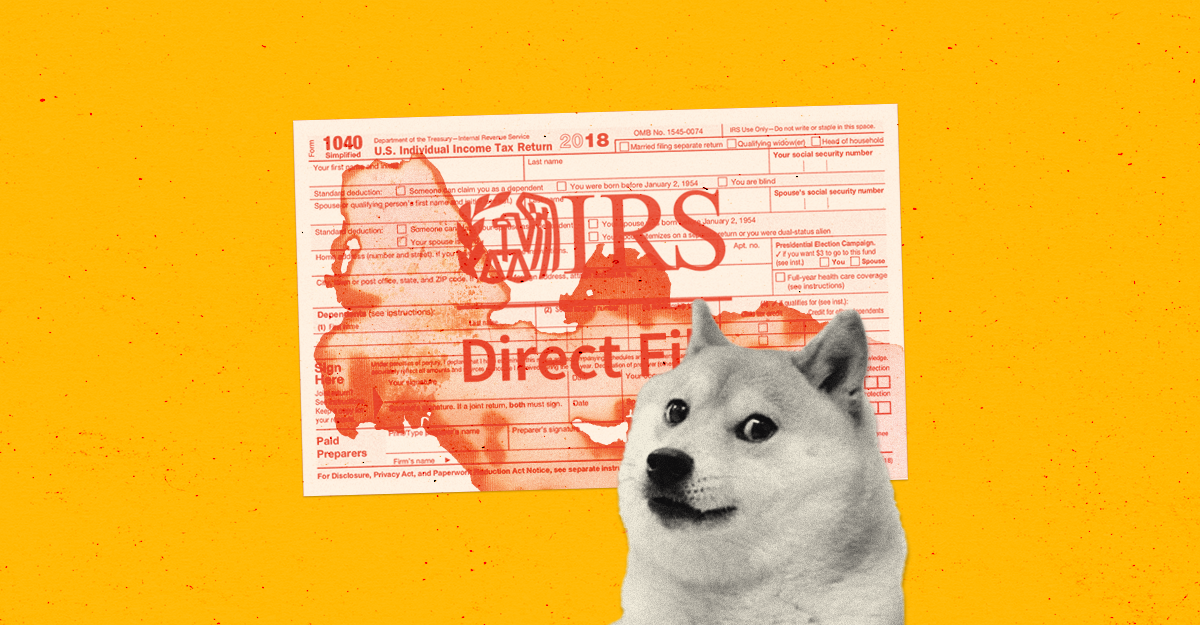Originally posted by disneysteve
View Post
Logging in...
Click to Cancel
Collapse
X
-
Great point, the Trump administration has been focused on making cuts. I would also point out to the board that there are state regulators in all 50 states that handle financial malfeasance.james.c.hendrickson@gmail.com
202.468.6043
-
-
Not only were staff cut, all pending CFPB litigation and investigations, pending rulings, were cancelled. The CFPB was saving consumers almost $22 Billion per year in financial misfeasance due to predatory practices.Originally posted by disneysteve View PostThe new bill cut the budget for the Consumer Financial Protection Bureau by about half. That will greatly reduce their ability to address financial malfeasance and abusive practices.
You know this, but it's apparent some here don't. It's not business-friendly for companies to have to follow 50 different sets of rules in 50 different states. Consistency in regulation is important for corporations that operate nationally and that's where FTC and CFPB can make a great impact.History will judge the complicit.
Comment
-
-
Don't forget...
The Consumer Financial Protection Bureau, led by President Trump’s administration, has dropped a case against Navy Federal Credit Union.
History will judge the complicit.
Comment
-
-
"Consumers were dealt a blow after a federal judge in Texas voided a Biden-era rule that would ban the inclusion of medical debt on credit reports."
That is just fear mongering.
If you decide to go into debt for medical reasons, and you don't pay your bill then yeah that should be reflected on your credit score.
And if you're financially sound, who cares what a credit score says.
Don't borrow money you can't pay back. If you're not paying your medical bills, whats the chances you're not going to be able to pay a credit card, or a house mortgage.
This was a bad rule that needed to get gone.
"Oh Johnny lost his job and then broke his arm while he didn't have insurance".... so Johnny shouldn't have to pay $10k for his broken arm but should be allowed to borrow $30k for a new car? Give me a break.
Comment
-
-
That's not what the rule suggested, nor did it suggest that Johnny shouldn't pay his bill. Most medical debt is not an accurate picture of someone's full ability to pay. To your example above, it's typically reflective of a one-time emergency rather than long-term financial mismanagement. Medical debt is often contested and full of errors, and it probably shouldn't be used in credit decisions if it's not real, or until it's reconciled. And I would not suggest, ever, that someone NOT seek needed medical care if they might not have the ability to pay for it.Originally posted by myrdale View Post
"Oh Johnny lost his job and then broke his arm while he didn't have insurance".... so Johnny shouldn't have to pay $10k for his broken arm but should be allowed to borrow $30k for a new car? Give me a break.
With so many people poised to lose health insurance, both private/commercial and public/Medicaid, I think this is going to be revisited. It's yet another example of vanishing consumer protections and further burdening the poor and vulnerable.History will judge the complicit.
Comment
-
-
Who decides to go into medical debt?Originally posted by myrdale View PostIf you decide to go into debt for medical reasons
When my wife got sick a few years ago, the bill for her FIRST hospital stay was just under $1 million. She had 3 more stays after that. Thankfully we had great insurance and our out of pocket costs were minimal, but what if that hadn't been the case? If we had crappy insurance, our share could have easily been in the mid to upper 6 figures. We could pay that but 95% of people couldn't.
Most people are one emergency or one chronic illness diagnosis away from medical debt even with decent insurance. Even more so if the afflicted person is the primary wage earner in the household.Steve
* Despite the high cost of living, it remains very popular.
* Why should I pay for my daughter's education when she already knows everything?
* There are no shortcuts to anywhere worth going.
Comment
-
-
Or even if the primary wage earner isn't afflicted -- it could be a child. They don't send children collections (although, they probably would, if they could!), they send the guarantor, or legally responsible guardian to collections. This is all so dystopian.Originally posted by disneysteve View Post
Who decides to go into medical debt?
When my wife got sick a few years ago, the bill for her FIRST hospital stay was just under $1 million. She had 3 more stays after that. Thankfully we had great insurance and our out of pocket costs were minimal, but what if that hadn't been the case? If we had crappy insurance, our share could have easily been in the mid to upper 6 figures. We could pay that but 95% of people couldn't.
Most people are one emergency or one chronic illness diagnosis away from medical debt even with decent insurance. Even more so if the afflicted person is the primary wage earner in the household.History will judge the complicit.
Comment
-


Comment